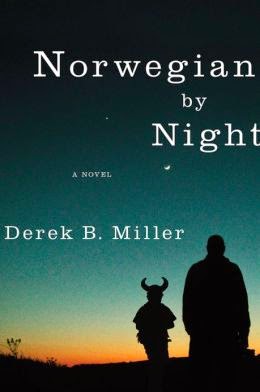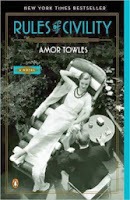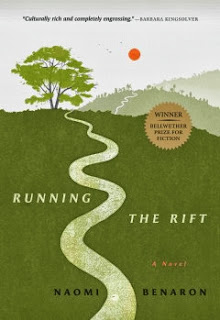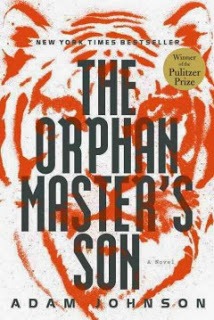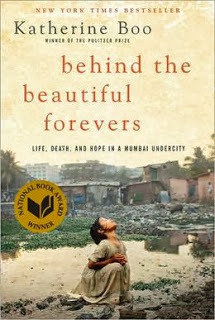Rating: 4/5 Stars
Genre: Suspense/Crime Fiction
Audience: Adult
Summary: Recently widowed and still haunted by the death of his son decades ago in Vietnam, Sheldon Horowitz is an impatient and crotchety old man. He’s a little depressed and feels alone now that all of his friends and family are dead except for his granddaughter Rhea. Believing her grandfather suffers from dementia, Rhea has convinced Sheldon to move to Oslo to live with her and her Norwegian husband. Sheldon finds the laid-back attitude of the Norwegian people incomprehensible and persists in sharing his oddball philosophical musings, thus calling his mental state into further question. Then he witnesses the murder of his Serbian neighbor and goes on the lam with her young son, believing it is the only way to protect the boy from Kosovar gangsters. Rhea and the police inspector, Sigrid Ødegård, think Sheldon has suffered a mental break, but could Sheldon’s unusual actions be more wily than anyone could guess?
First Lines:
“It is summer and luminous. Sheldon Horowitz sits on a folding director’s chair, high above the picnic and out of reach of the food, in a shaded enclave in Oslo’s Frogner Park.”
Tracy’s Thoughts:
In his debut novel, Miller offers a completely different take on the Scandinavian crime fiction wave popularized by authors like Larsson, Mankell, Nesbø, Fossum, and Läckberg. Critically acclaimed but under the radar of most readers, Norwegian by Night was named by both Kirkus Reviews and The Guardian as one of the best crime novels of 2013. It’s not your typically plot-centered crime novel—though there are some definite machinations and exciting bits. Instead, its focus is on Sheldon’s inner thoughts and his path to redemption. Now that he has taken responsibility for this young boy, Sheldon is reminded more than ever of his son and sees this “final mission” as a way to do something that matters again and to atone for what he sees as his own culpability in his son’s death.
You see, Sheldon was a marine sniper in Korea and has felt useless ever since. That is, if you believe Sheldon’s latest story. On previous occasions, he always told his late wife and granddaughter a different story of his time in Korea. Sheldon, with his visions and inconsistent stories, is a bit of an unreliable narrator. Both reader and the characters in the book are left to wonder whether Sheldon is
truly senile or if he’s just crazy sharp, with a unique way of looking at the world. In a way, despite the fact that the protagonist is 82 years old, Norwegian by Night could be considered a coming of age novel—or perhaps a coming to terms with age novel.
Sheldon is a fascinating and insightful character, with plenty of foibles and flaws to add interest. And his journey is incredibly relatable despite the unusual circumstances. Though some of the other characters—Rhea and her husband Lars, for example—could do with some fleshing out, some of the secondary characters are also quite intriguing. Sigrid serves as a wonderful contrast to Sheldon, and some of her conversations also provide unexpected humor to the largely reflective narrative. Take this dryly comical phone conversation with her father:
“Have you met a nice man yet?”
Sigrid nods. “I’d been meaning to tell you. I got married and had three sons.”
“That’s wonderful news.”
“Huey, Dewey, and Louie. They’re delightful, but have speech impediments and very short legs.”
Some of the scenes with Sigrid were my absolute favorites in the novel, particularly the Psycho bit (saying anything more could prove too much of a spoiler). And although the crime plot was somewhat understated, I was fascinated (and appalled) by some of the insight into Serbian/Kosovar hostilities and the cycle of violence. The contrast of different nationalities and ethnicities—Norwegian, American, Jewish, Serbian, Kosovar—and their effects on various characters’ way of life and way of thinking elevate a simple plot into something far more.
Norwegian by Night is a a quiet thriller with literary bones. Despite a few lengthy expositions and a somewhat ambiguous ending, it offers something different and interesting to the crime fiction genre as it addresses a number of important issues—war, personal and ethnic identity, and aging—with compassion, insight, and humor.









